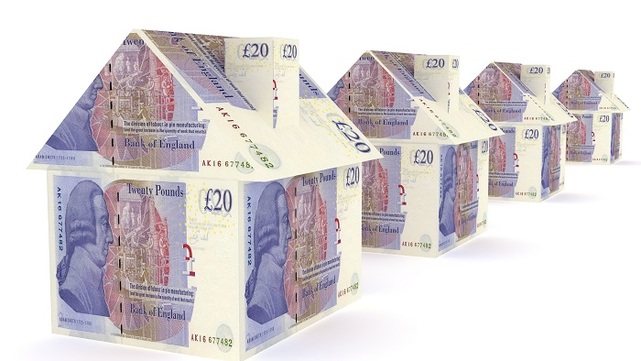The ‘fair value adjustment’ of the L&G open-ended property fund moved from -15% to -10%, the investment management group confirmed on Monday.
The fund was repriced to “continue to reflect a fair price for those investors who might be considering investing, redeeming or remaining in the fund”, L&G stated.
L&G originally announced on 7 July that it would be implementing a fair value adjustment to its property authorised investment fund’s (Paif) underlying property assets, instead of gating its fund as many property managers had done. This resulted in a 15% drop in the valuation of the assets within its £2.3bn ($3bn, €2.8bn) Paif.
Property fund suspensions
The news follows weeks of turmoil among the UK’s commercial property funds in the wake of the Brexit vote, which saw five of the largest property authorised investment funds (Paifs), among others suspend trading earlier this month.
Aberdeen Asset Management and LGIM both imposed value cuts to their funds in early July to deter investors from pulling their money out.
After reassessing the UK commercial property terrain the week after its cut the value of its property assets, the group felt the market was stabilising:
“While it remains difficult to predict the exact impact of the vote to leave on commercial property values, conditions in the market and within our peer group have begun to stabilise since 6 July. Considering this, and the other economic and market metrics which feed into our fair value pricing adjustment, we have reduced it to -10%, representing an improvement of +5%,” L&G revealed.
Coupled with British Land’s first quarter trading update, L&G’s decision to reprice its property fund is “another encouraging sign of life in the UK commercial property market,” said Laith Khalaf, senior analyst at Hargeaves Lansdown.
Underlying issues
Though Khalaf admits L&G’s property fund is coping in the current unpredictable economic environment, he does think the “extreme volatility” in the commercial property sector is telling of some serious underlying issues.
“The reduction in the fair value adjustment isn’t an indication of a reversal of flows into the property fund sector, rather it’s a moderation of the mark-down made to the underlying property portfolio in the aftermath of the Brexit vote,” Khalaf explained.
“It’s a risky business buying or selling property funds at the moment, while prices are bouncing around so much without any warning, and may turn out not to be truly reflective of the underlying market.
“Once again this serves to demonstrate the limitations of open-ended commercial property funds, and investors need to make sure they are willing to accept these shortcomings before diving in,” he warned.








